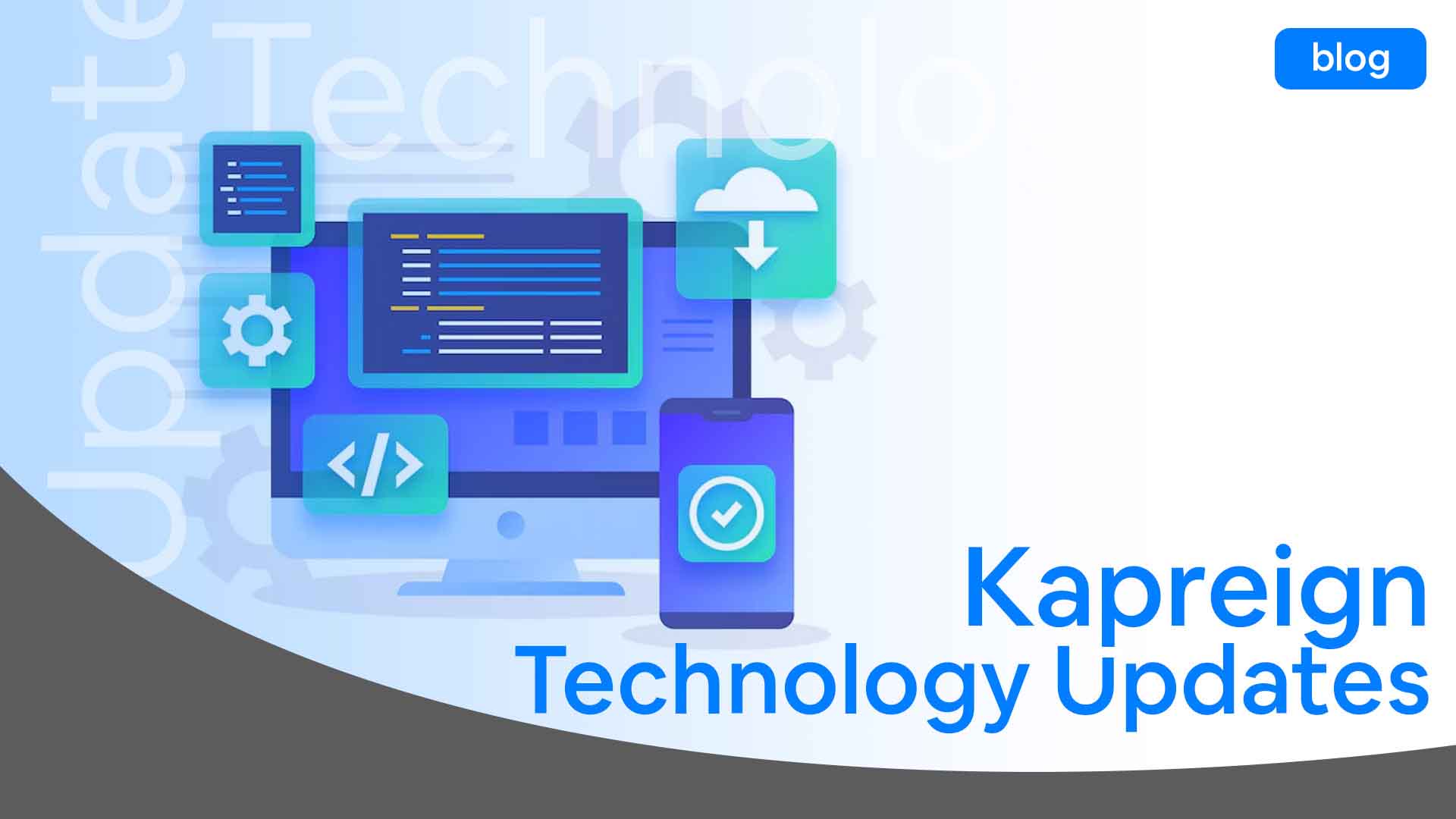Web application development is a complex process that involves various decisions, one of the most crucial being the choice of the right framework. The framework you select can significantly impact your project’s success, influencing its performance, scalability, and maintenance. With the plethora of frameworks available in the market, deciding on the best one for your web app project can be a daunting task. To help you navigate this decision-making process, we have compiled a comprehensive guide on how to choose the right framework for your web app project.
Understanding the Importance of Choosing the Right Framework
Selecting the appropriate framework lays the foundation for your web application’s architecture, functionality, and performance. The framework you choose should align with your project requirements, development team’s expertise, and long-term goals. Different frameworks offer distinct features, functionalities, and development methodologies, making it essential to evaluate various factors before making a decision.
Factors to Consider When Choosing a Web App Framework
1. Project Requirements
Before selecting a framework, analyze your project’s requirements, including the scope, complexity, scalability, and expected user base. Different frameworks cater to varying project demands, such as real-time applications, content-heavy platforms, or e-commerce websites. Understanding your project’s needs is crucial in determining the most suitable framework.
2. Programming Language
Frameworks are often designed to support specific programming languages, such as JavaScript, Python, Ruby, or PHP. Choose a framework that is compatible with the programming language preferred by your development team and aligns with your project’s objectives. Consider the language’s ecosystem, community support, and future prospects when selecting a framework.
3. Development Team Expertise
Evaluate your development team’s expertise and experience with different frameworks. Choosing a framework that your team is familiar with can streamline the development process, enhance productivity, and reduce the learning curve. However, be open to exploring new frameworks if they offer innovative features and better solutions for your project.
4. Community Support and Documentation
Opt for frameworks that have active community support, extensive documentation, and a large user base. A vibrant community can provide valuable resources, tutorials, plugins, and updates to help you overcome challenges and optimize your web app development process. Additionally, well-documented frameworks make it easier for developers to understand and utilize their features effectively.
5. Scalability and Performance
Consider the scalability and performance capabilities of the framework, especially if you anticipate rapid growth or high traffic volumes for your web application. Evaluate factors such as speed, efficiency, caching mechanisms, database integration, and load balancing to ensure that the framework can handle your project’s current and future requirements.
6. Security Features
Prioritize frameworks that prioritize security features and best practices to protect your web application from potential threats and vulnerabilities. Look for frameworks that offer built-in security mechanisms, encryption protocols, authentication methods, and data protection measures to safeguard sensitive information and user data.
7. Third-Party Integrations and Flexibility
Choose a framework that supports seamless integrations with third-party services, APIs, libraries, and modules to enhance your web application’s functionality and user experience. Flexibility in customizing and extending the framework’s features allows you to adapt to evolving requirements, integrate new technologies, and deliver unique solutions to your users.
Conclusion
Choosing the right framework for your web app project is a critical decision that can influence its success and longevity. By considering factors such as project requirements, programming language compatibility, development team expertise, community support, scalability, security features, and flexibility, you can make an informed choice that aligns with your goals and objectives. Conduct thorough research, compare different frameworks, and consult with experienced developers to select a framework that meets your project’s needs and sets the stage for a successful web application development journey. For expert guidance and support in selecting the ideal framework for your web app project, [contact us](https://www.kapreign.com/contact-us) at Kapreign, a leading web and mobile app development company based in Kerala.


Leave a Reply